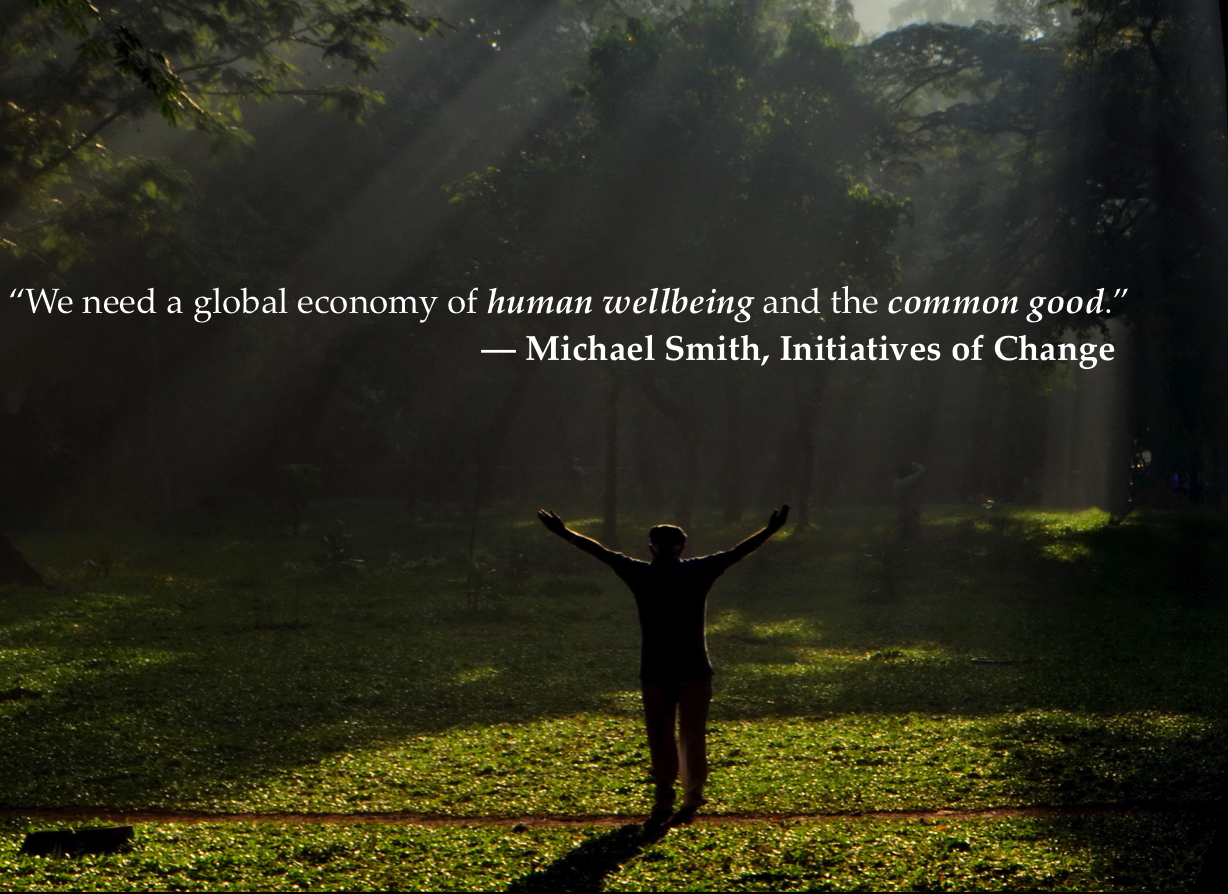Today we celebrate and appreciate Elin Wägner, peace activist, author and suffragette who promoted peace on earth, peace with the earth and peace with ourselves. Toward the end of her writing career, Elin Wägner also became more involved in matters relating to the environment. At the end of Väckarklocka, 1941, possibly her most influential book, she lists the basic needs of humanity, such as clean water and unpolluted air and soil. Väckarklocka can be classified as an eco-feminist work long before such a concept even existed. Elin Wägner’s environmental concerns predate Rachel Carson’s Silent Spring from 1963 and also permeate her concept book Peace with the Earth Fred med jorden, 1940.
Her regional landscape book Thousand years in the (Swedish Region of Småland) Tusen år i Småland, 1939, is written in the same spirit. She obtained information for the book by traversing the region by bike along with her friend Flory Gate.
Elin Wägner’s last novel, Vinden vände bladen, 1947, is also about a thousand years in the region and she describes life in the various eras. Popular folk myths are mixed with thoughts on modernity and its effects. The people of Småland milk with the help of both magical rhymes and modern milking machines. Elin Wägner has been characterised as anti-modern, but she was only really opposed to certain aspects of modernity, such as technological advances in the arms industry and modern agriculture, which makes use of artificial fertilizers.

